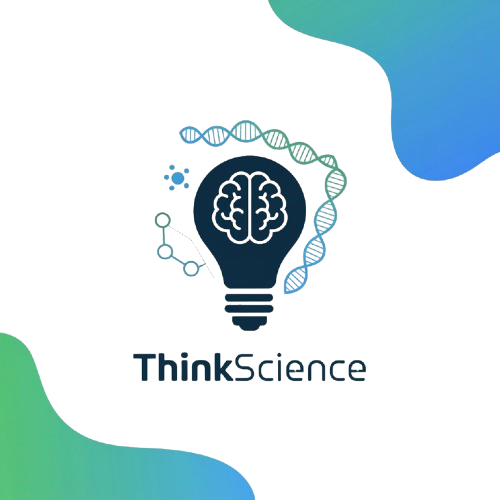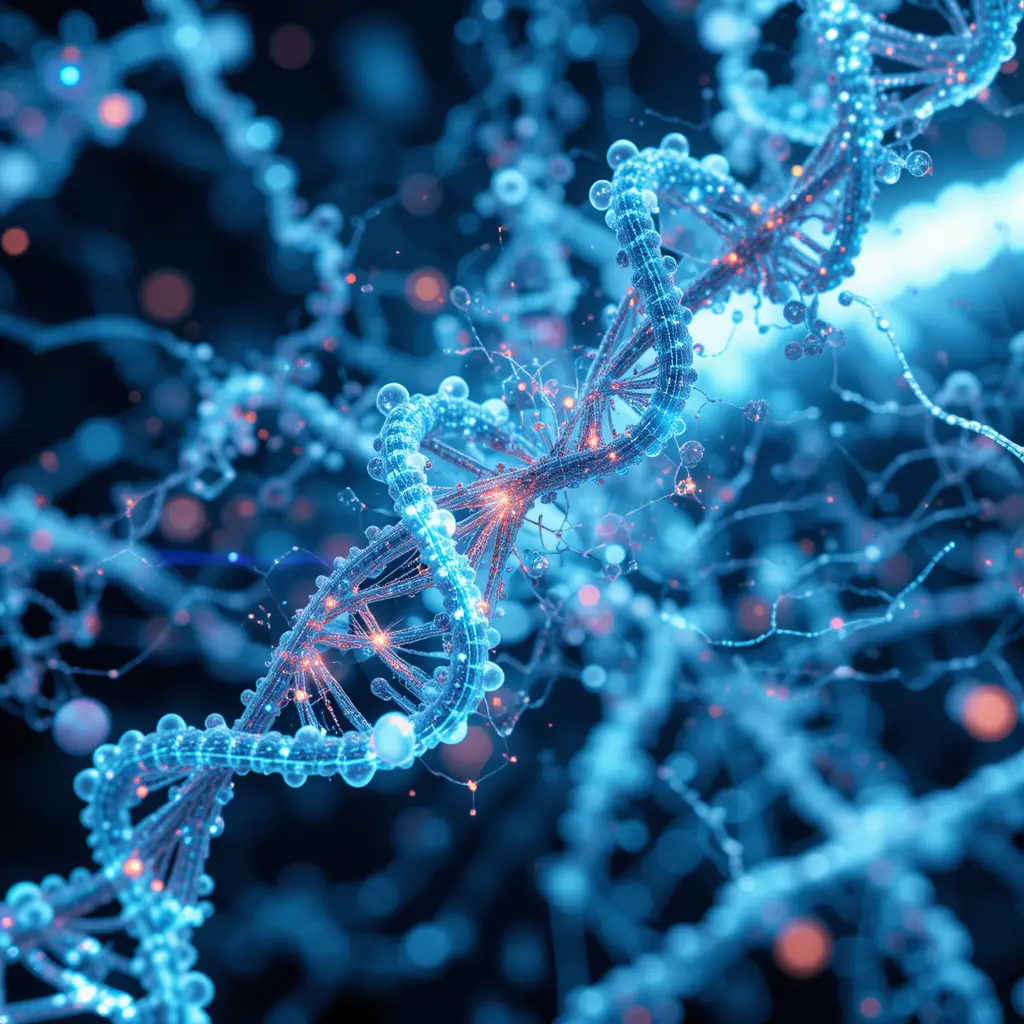Imagine a world where your medical treatment is as unique as your fingerprint. Personalized medicine, driven by genetics, is transforming healthcare by tailoring treatments to individual genetic profiles. This approach promises more effective therapies and fewer side effects. By understanding the role of genetics, we can unlock new possibilities for health and well-being. In this article, we explore how genetics shapes personalized medicine and its potential to revolutionize the way we approach healthcare.
Understanding Personalized Medicine
Personalized medicine is like having a tailor-made suit for your health. It considers your unique genetic makeup, lifestyle, and environment to create a healthcare plan just for you. This approach is transforming how we think about treatment and prevention.
The Science Behind Personalized Medicine
At its core, personalized medicine relies heavily on genetics. Imagine your DNA as a blueprint. This blueprint holds the key to understanding how your body responds to different medications. For instance, two people might take the same drug, but their bodies could react differently. This is where the role of genetics in personalized medicine becomes crucial. By analyzing genetic information, doctors can predict which treatments will be most effective for you.
As a genetics expert, I find it fascinating how this field is evolving. I remember a patient who struggled with traditional treatments for high blood pressure. After genetic testing, we discovered a specific medication that worked wonders for them. It was a game-changer, not just for the patient but for me as well. It reinforced my belief in the power of personalized medicine.
Real-World Impact
Personalized medicine is not just a concept; it’s making a real difference. Consider the case of cancer treatment. Traditional chemotherapy can be harsh and non-specific. However, with personalized medicine, treatments can be tailored to target cancer cells more precisely, reducing side effects and improving outcomes. This approach is not only more effective but also more humane.
In my opinion, the future of healthcare lies in understanding each individual’s unique genetic profile. It’s like having a roadmap to better health. The role of genetics in personalized medicine is pivotal, and as we continue to unlock the secrets of our DNA, the possibilities are endless. This journey is both exciting and promising, offering hope for a healthier future for all of us.
How Genetics Influence Health
Genetics play a crucial role in shaping our health. From the color of our eyes to our susceptibility to certain diseases, our genes hold the blueprint of our biological makeup. Understanding this can be both fascinating and empowering. As a Genetics Expert, I often find myself amazed at how these tiny sequences of DNA can have such a profound impact on our lives.
The Genetic Blueprint
Imagine your genes as a set of instructions for building and maintaining your body. These instructions are passed down from your parents, influencing everything from your height to your risk of developing conditions like diabetes or heart disease. For instance, if heart disease runs in your family, you might be more vigilant about your diet and exercise. This is where personalized medicine comes into play, tailoring healthcare based on individual genetic profiles.
Real-World Implications
Consider the case of a friend who discovered through genetic testing that she had a higher risk for breast cancer. Armed with this knowledge, she took proactive steps, such as regular screenings and lifestyle changes, to mitigate her risk. This is a perfect example of how understanding genetics can lead to informed health decisions. The Role of Genetics in Personalized Medicine is not just a scientific concept; it’s a practical tool that can transform lives.
Benefits of Personalized Medicine
Personalized medicine is transforming healthcare by tailoring treatments to individual genetic profiles. This approach not only enhances treatment efficacy but also minimizes side effects. Imagine a world where your medication is as unique as your fingerprint. This is the promise of personalized medicine.
Enhanced Treatment Efficacy
One of the most significant benefits of personalized medicine is its ability to improve treatment outcomes. By understanding a patient’s genetic makeup, doctors can prescribe medications that are more likely to be effective. For instance, in cancer treatment, genetic testing can identify which drugs a tumor is most likely to respond to, leading to better results. As a genetics expert, I find it fascinating how this approach can turn the tide in favor of patients who previously had limited options.
Reduced Side Effects
Another advantage is the reduction of adverse drug reactions. Traditional medicine often follows a one-size-fits-all model, which can lead to unwanted side effects. Personalized medicine, however, considers individual genetic differences, allowing for more precise dosing and drug selection. I recall a patient who suffered from severe side effects due to a standard treatment. After genetic testing, we adjusted the medication, and the improvement was remarkable. This is a testament to the power of personalized medicine.
The role of genetics in personalized medicine is crucial. It not only guides treatment choices but also empowers patients with knowledge about their health. This approach fosters a deeper connection between patients and their healthcare providers, creating a more collaborative and informed healthcare experience. In my opinion, this is the future of medicine, where each treatment plan is as unique as the individual it serves.
Challenges and Ethical Considerations
In the evolving landscape of healthcare, the integration of genetics into personalized medicine presents both exciting opportunities and significant challenges. As a genetics expert, I often find myself pondering the ethical implications of these advancements. The role of genetics in personalized medicine is undeniably transformative, yet it raises questions that we must address thoughtfully.
Challenges in Genetic Data Utilization
One of the primary challenges is the sheer volume of genetic data. Imagine trying to find a needle in a haystack; that’s what it feels like when sifting through vast amounts of genetic information. This data is crucial for tailoring treatments to individual needs, but managing and interpreting it requires sophisticated tools and expertise. Moreover, the accuracy of genetic testing can vary, leading to potential misinterpretations. I recall a case where a patient’s genetic test suggested a predisposition to a rare condition, causing unnecessary anxiety until further tests clarified the situation.
Ethical Considerations in Genetic Medicine
Ethical considerations are at the forefront of discussions about genetics in medicine. Privacy is a major concern. Patients often worry about who has access to their genetic information and how it might be used. There’s also the question of consent. How do we ensure that patients fully understand the implications of genetic testing? In my experience, clear communication is key. I once had a patient who was hesitant about genetic testing due to privacy concerns. After a thorough discussion, they felt more comfortable and decided to proceed, understanding the potential benefits for their health.
Another ethical dilemma is the potential for genetic discrimination. While laws exist to protect against this, the fear remains. It’s crucial that we continue to advocate for policies that safeguard individuals’ rights. The role of genetics in personalized medicine is to enhance health outcomes, not to create new forms of inequality. As we navigate these challenges, it’s important to remember the ultimate goal: improving patient care through informed, ethical practices.
Conclusion
As we reach the end of our exploration into The Role of Genetics in Personalized Medicine, it’s clear that this field holds immense potential for transforming healthcare. Imagine a world where treatments are tailored specifically to your genetic makeup, much like a custom-made suit that fits perfectly. This is not just a futuristic dream; it’s becoming a reality.
Personal Reflections and Future Prospects
In my experience as a genetics expert, I’ve seen firsthand how personalized medicine can change lives. I recall a patient who struggled with a chronic condition for years. Traditional treatments offered little relief. However, once we considered her genetic profile, we found a treatment that worked wonders. This is the power of genetics in action.
While the journey is still ongoing, the progress is undeniable. The integration of genetics into personalized medicine is like adding a new color to a painter’s palette. It enriches the possibilities and opens new avenues for treatment. Yet, it’s important to remember that with great power comes great responsibility. Ethical considerations must guide our steps as we advance.
In conclusion, the role of genetics in personalized medicine is not just about science; it’s about hope and healing. It’s about giving people the chance to live healthier, more fulfilling lives. As we continue to unlock the secrets of our DNA, we must do so with care, compassion, and a commitment to improving human health.





